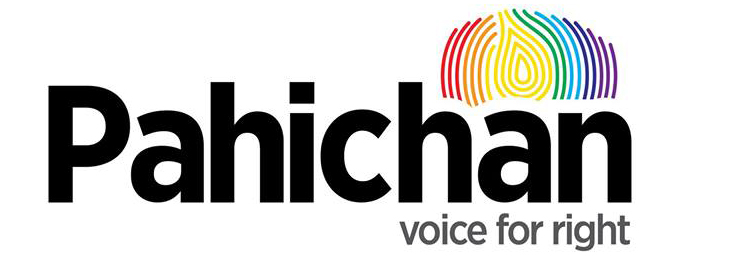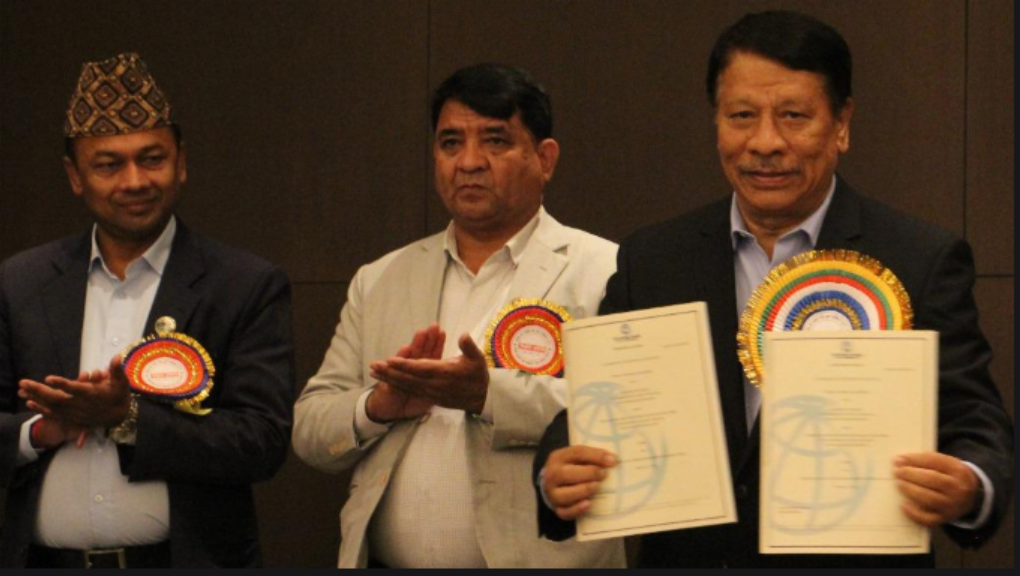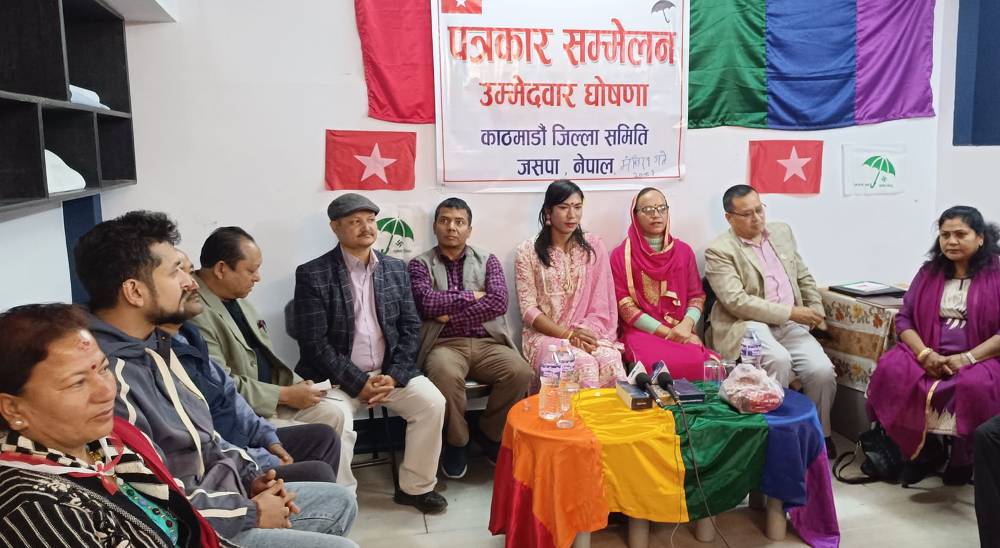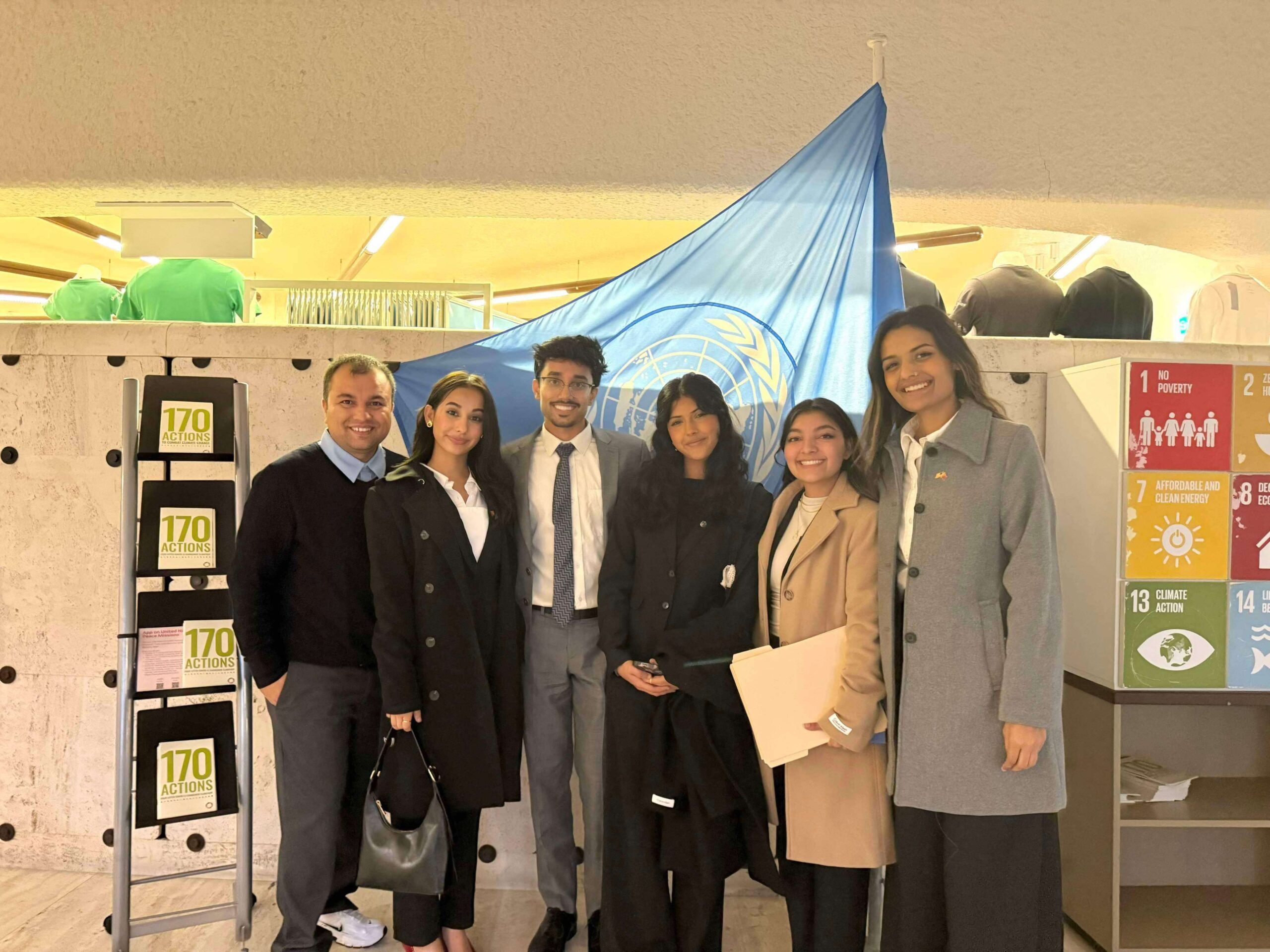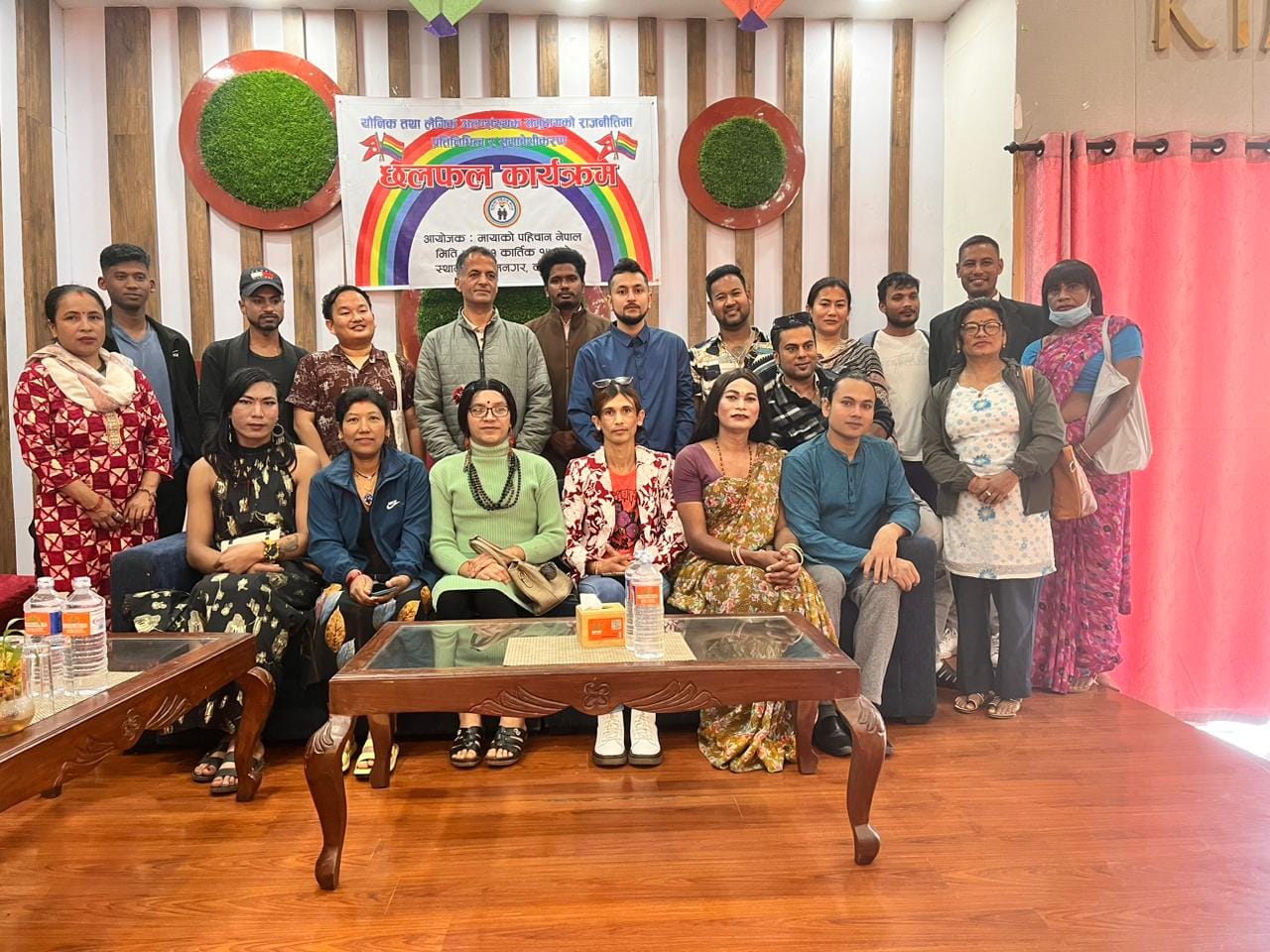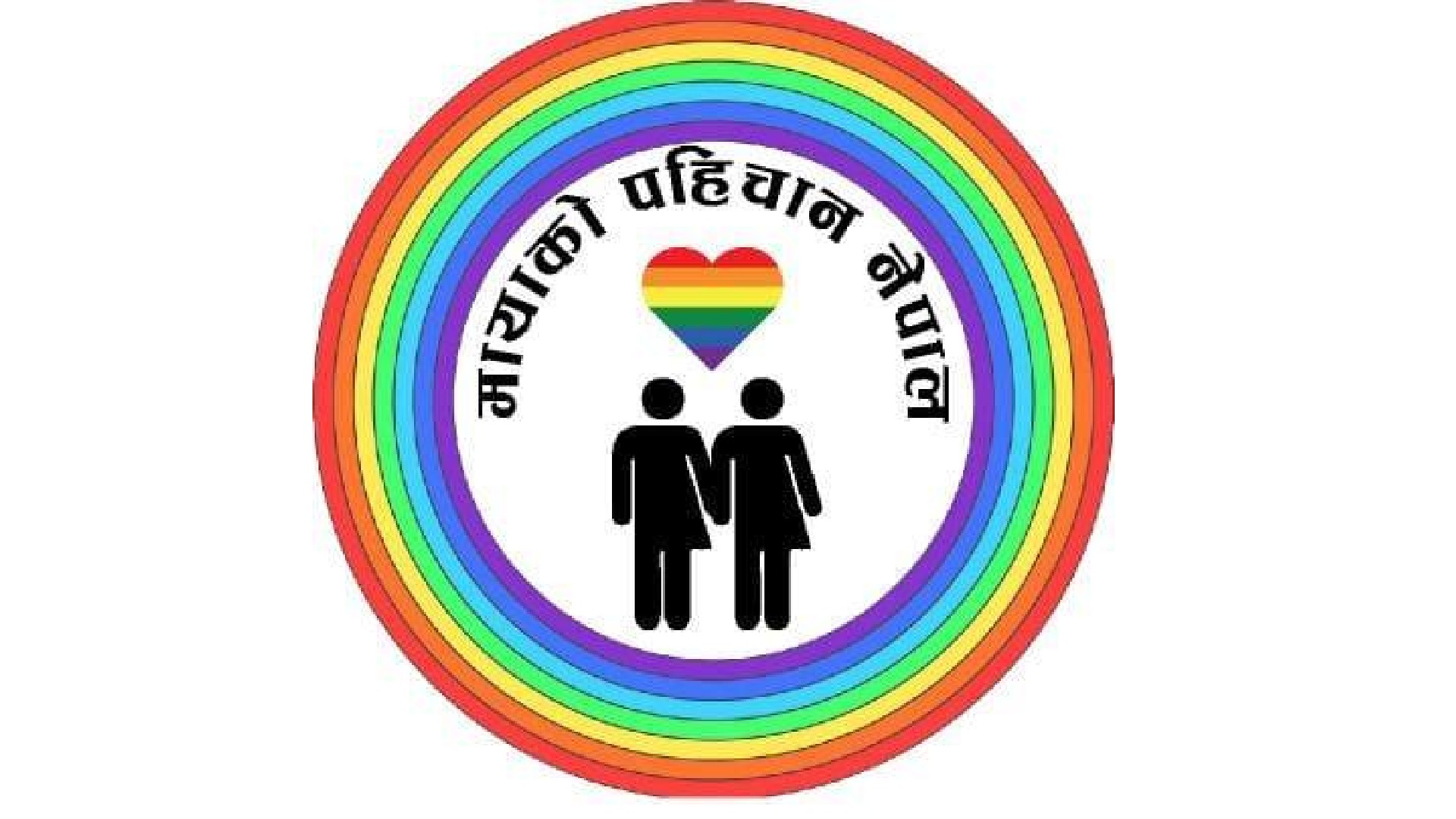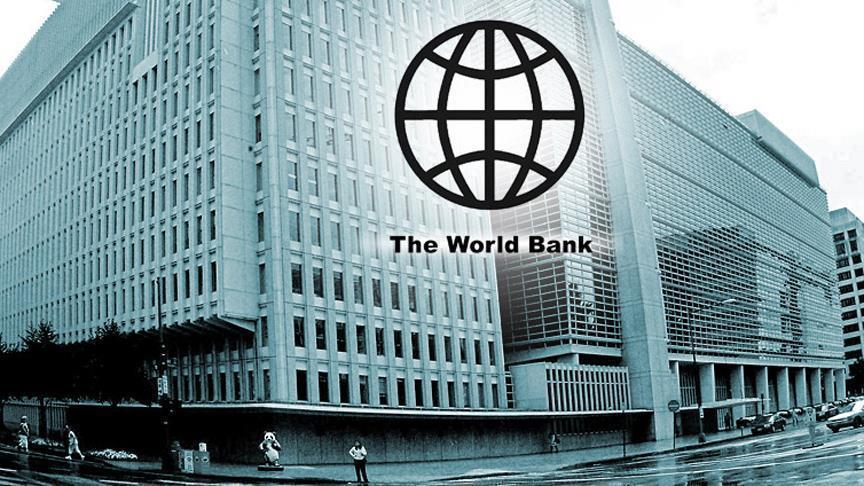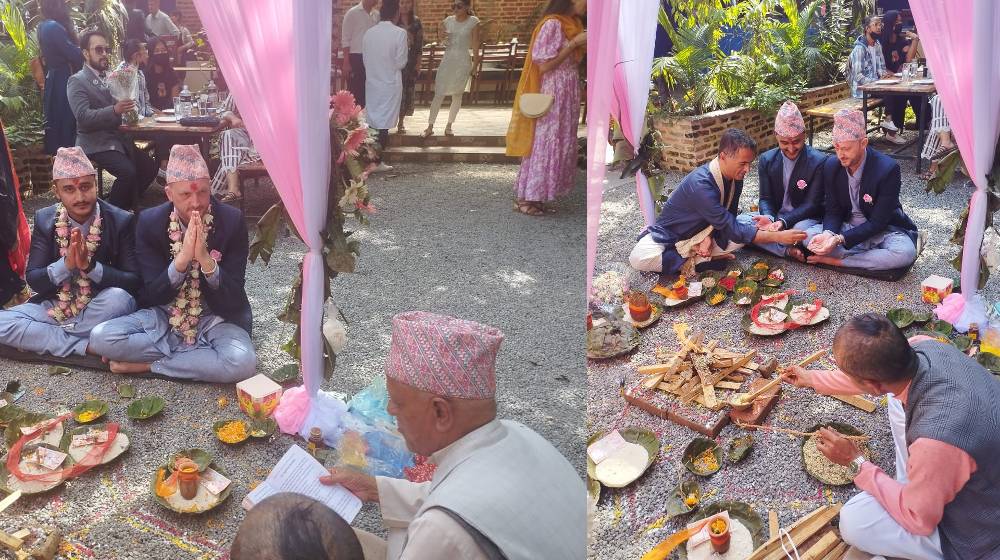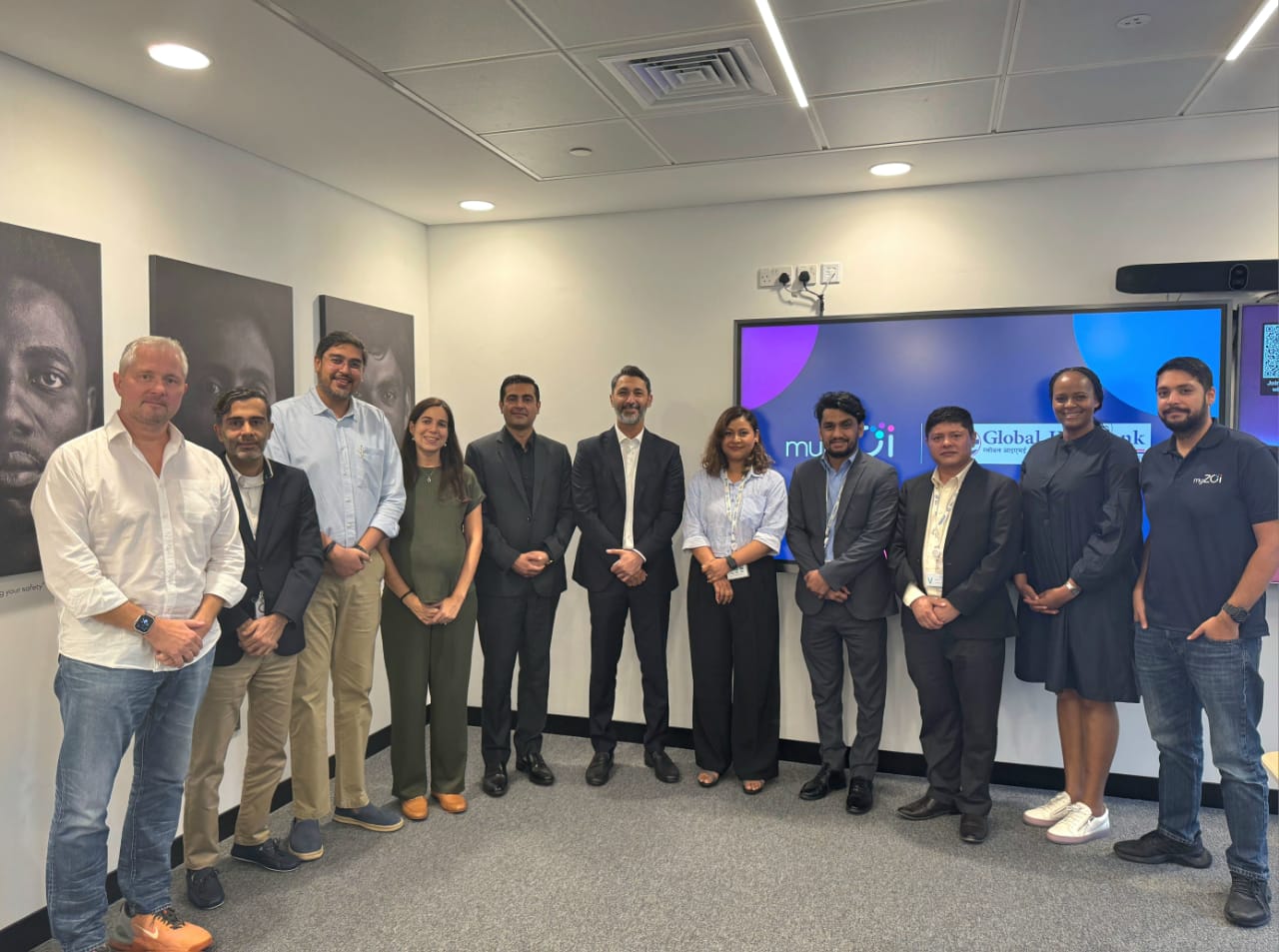A total of 339 people were caned in Aceh in 2016 on charges of moral indecency, according to Human Rights Watch.
Although the timing of the sentencing appears to be a coincidence, Wednesday is the International Day Against Homophobia, Transphobia and Biphobia.
According to an annual report on state-sponsored homophobia, compiled by the International Lesbian, Gay, Bisexual, Trans and Intersex Association, homosexuality is effectively a crime in 72 countries.
In three — Iran, Saudi Arabia and Yemen — it is codified as a crime punishable by death, though executions are rare. In five other countries — Afghanistan, Mauritania, Pakistan, Qatar and the United Arab Emirates — a death penalty for homosexuality is codified under Shariah law, but it has not been put into practice.
Sixty-three countries have nondiscrimination laws that protect gay men and lesbians, and 23 recognize same-sex marriage — most recently Finland and Slovenia, which did so this year.
Aceh is the only province in Indonesia that has formally adopted Shariah, and homosexuality is legal in most of Indonesia.
But a nationwide campaign by conservative civil society groups against homosexuality culminated in a major case now before the country’s Constitutional Court, which will decide whether sex outside marriage should be banned throughout Indonesia. A ban on sex outside marriage would effectively ban homosexual sex, as gay marriage is illegal in Indonesia.
It is not known when the Constitutional Court will issue a ruling, though there have already been numerous hearings for the case, including one at which a witness suggested that an increased focus on gay rights was the result of a Jewish conspiracy.
Andreas Harsono, the Indonesia representative for Human Rights Watch, said the case on Wednesday was unusual, because transgender Acehnese are usually the focus of the province’s efforts regarding gender norms, instead of gays and lesbians.
“Transgender people can be more easily identified,” he said, and that can lead to punishment by the Shariah police.
Dede Oetomo, a longtime leader of the Indonesian gay rights movement, said that Acehnese activists were “all scared.”
Indonesia is a highly decentralized country, and local and provincial governments sometimes adopt laws that are far more conservative than the national government would.
Until this year, the national government had the right to unilaterally cancel discriminatory local legislation, but the Constitutional Court took away that power this year, arguing that it was excessive.
Activists say the court decision will make it much more difficult for the national government to repeal discriminatory local laws like ones in Aceh.
The Indonesian government granted Aceh a special right to impose a legal code based on the Quran in 2001, as part of a long-term effort to make peace with the leaders of an Islamic insurgency there.
Mr. Oetomo said that Acehnese activists told him “to emphasize the repeal of Shariah” in statements to the news media responding to the sentencing. “But that’s a tall order,” he acknowledged.
Copy : www.nytimes.com
 The sentences alarmed rights activists, who called the punishment excessive and a dangerous turn of events in Aceh, a semiautonomous province that has imposed a strict version of Shariah, the legal code of Islam.
The sentences alarmed rights activists, who called the punishment excessive and a dangerous turn of events in Aceh, a semiautonomous province that has imposed a strict version of Shariah, the legal code of Islam.